Nm. 11: 25-29; Ps 19:8, 10, 12-12, 14; Jas. 5: 1-6; Mk. 9:38-43, 45, 47-48
I say, “The long and winding road” and you say “that leads to your door, will never disappear” (Beatles, June 1970) in God’s love for our human dignity. Of course those lyrics are from the Beatles release 1970. Moses led the Israelites through the long and winding road to the promise land. The journey was a test of faith and not all survived the test. Scriptures highlight more the rebellion against God than the faithfulness of the people. Today’s first reading however is about the gift of the spirit upon Elders. The gift is given to those seventy Elders present and to two who were absent yet faithful. A similar event occurs with Jesus as the faithful use his name to drive out demons even though they did not belong to the group. Jesus response, “For whoever is not against us is for us.”
There is a program on Eternal Word Television Network (EWTN) called “The Journey Home” with the host Marcus Grodi, a convert to Catholicism. It focuses on the journey people have taken that brought them into the Catholic Church and the sacrifice their journey cost them. Some left promising ministries in other denominations, some had to struggle with marriages because it impacted the faith and happiness of their spouse and children. It was truly a long and winding road home to the Catholic faith. The journey does not negate the blessing and truth received by the Holy Spirit in the past it brings the faithful into the fullness of the Truth. The truth is God rewards faithfulness to “anyone who gives you a cup of water to drink.” The cup of water is any act of kindness, generosity, sacrifice and/or mercy. The love of God is bountiful.
The love of God is also just. It forewarns us that our acts of injustice will result in “weep and wail over your impending miseries” we bring upon ourselves. The Lord hears the cry of the poor and suffering who are victims of our sins and justice is his. This is what makes the sins within the church grievous for the sinner whose abuse and crime affect not only the victims but in doing so the body of Christ. They bring scandal and injury to the Church and together we all suffer. Much has been done in “Protecting God’s Children” as the program is titled within the Church. Anyone who works with children in the Church goes through the program which provides guidance in our responsibility for promoting appropriate behavior among adults and children. This is a beginning but guidelines don’t impact culture, values, or social mores. This is the heavy lifting work we are all responsible for in bringing alive a culture of life.
A culture of life promotes human dignity as spoken about in Humanae Vitae by Pope Paul VI. It teaches the young to value and protect their own dignity against the snares of evil that prowl around the world seeking indulgence, seeking to take advantage while being the cause of sin in the lives “of these little ones”. We love our children and we want them to be children but there is a reason we are called the Militant Church on earth. We are to be prepared to battle evil and the attacks may come like a thief in the night to steal the innocence of these little ones so let us also prepare them for these challenges beginning in the home with honest discussions of prevention against these attacks to their human dignity.
It is a long and winding road to raise a child but we are not alone, God is with us in our baptismal infused virtues of faith, hope, and love and our moral virtues of prudence, justice, fortitude, and temperance. Prudence to teach our children to discern right judgment in their decisions; justice to act fairly and not tolerate unfairness; fortitude to show strength to resist temptation and say yes to righteousness; and temperance to find balance in life when too much of a good thing can become bad. If we spend so much time working to give our children all the good things but don’t take time to talk and share stories of life with them we leave them vulnerable.
It is also a truth that we cannot give what we do not have. As adults we give testimony by our actions of prudence when we take time to teach our children to understand “why” they say no or yes in their lives. As adults we give testimony of our justice when our discipline is consistent and fair. As adults we give testimony of our fortitude when we are faithful to our commitments and resist the “easy road”. As adults we give testimony of our temperance when our priorities are in order of God, family, work, and play. It is our responsibility as parents, godparents, and faithful community to strengthen the fire of the Holy Spirit in the child’s journey of life. We are the wind behind their sails of faith, hope, and love to avoid the hurricanes of danger and arrive safely into adult life.
When we look to scripture what makes us vulnerable, what made the road longer and more difficult from the Israelites? It was a desire for the easy road. God’s teaching offers us “the road less traveled”, the narrow way. When I was growing up I heard adult relatives make excuses for their children or grandchildren, “their just children, let them play” they would say to justify negative behavior. Some of those “just children” ended in drugs, pregnant out of wedlock, dropping out of school, prison and some grew up and escaped their poverty but not without suffering that may have been avoided. In listening, seeing, and learning it guided me to the road less traveled. It provided the most protection against the dangers around me. Call it self-protection, self-command, self-control, self-governance, self-discipline or call it obedience to God, obedience to parents, obedience to the natural law and obedience to the guidance of the Holy Spirit. I call it listening for the voice of God and responding to his calling.
The long and winding road can have us going in circles repeating our mistakes, dying in the desert or finding ourselves lost in despair. The road less traveled is God’s way, his plan for us and the purpose we are here today in memorial of his sacrifice for you and me as we celebrate the Mass together. The invitation is given to follow the road less traveled that leads to God’s door. It will never disappear or disappoint for the heart that seeks but we must enter through the narrow gate.
Tags
- "The long and winding road"
- "The road less traveled"
- Humanae Vitae
- Marcus Grodi
- Protecting God's Children
- The Journey Home
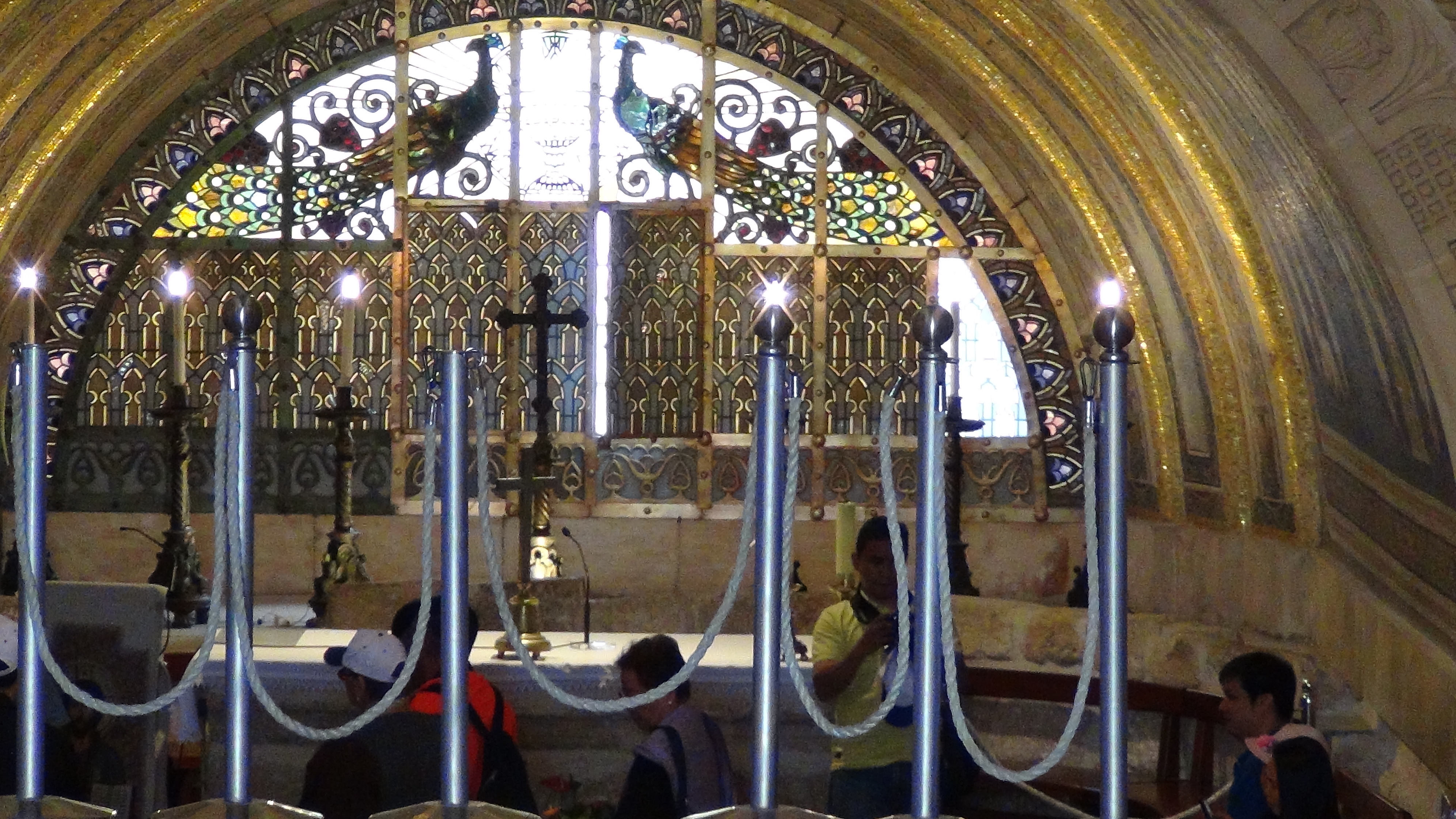




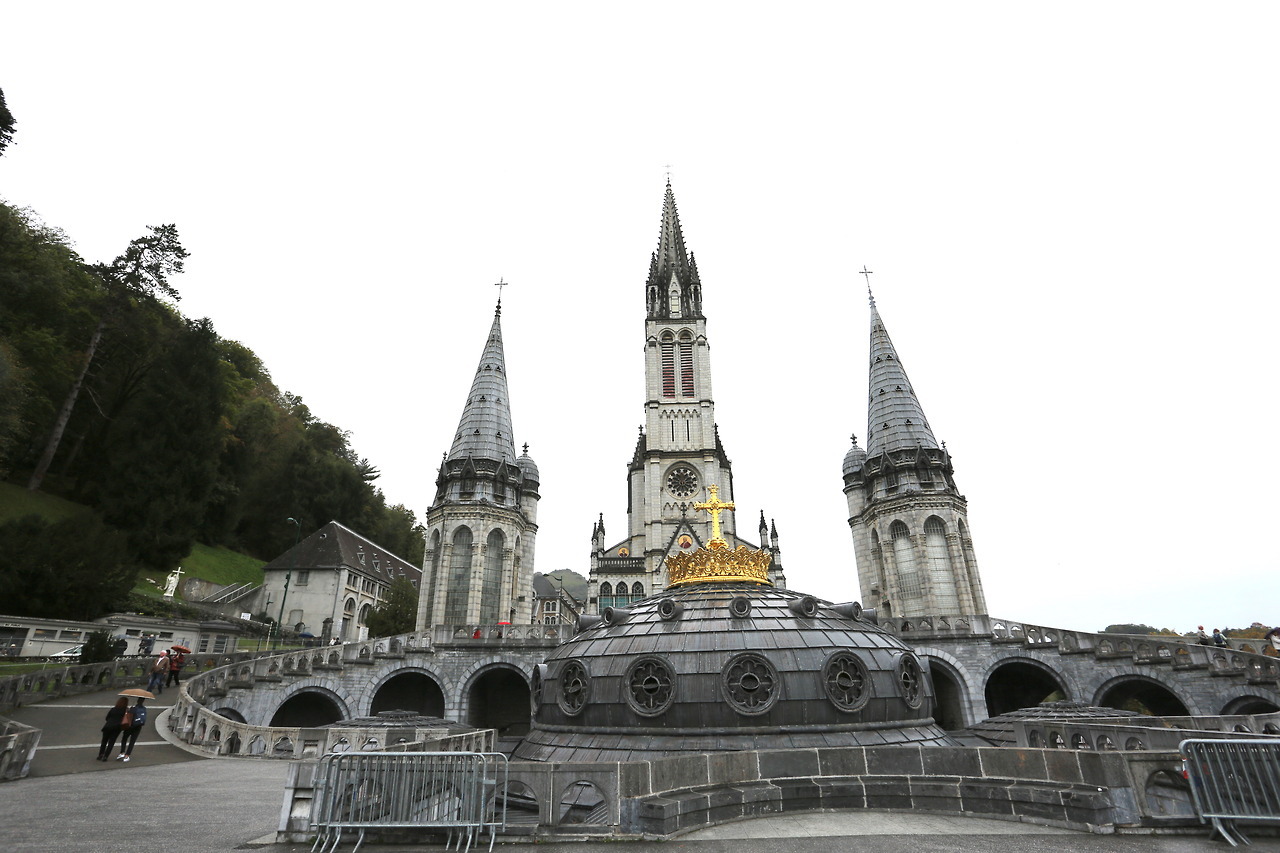

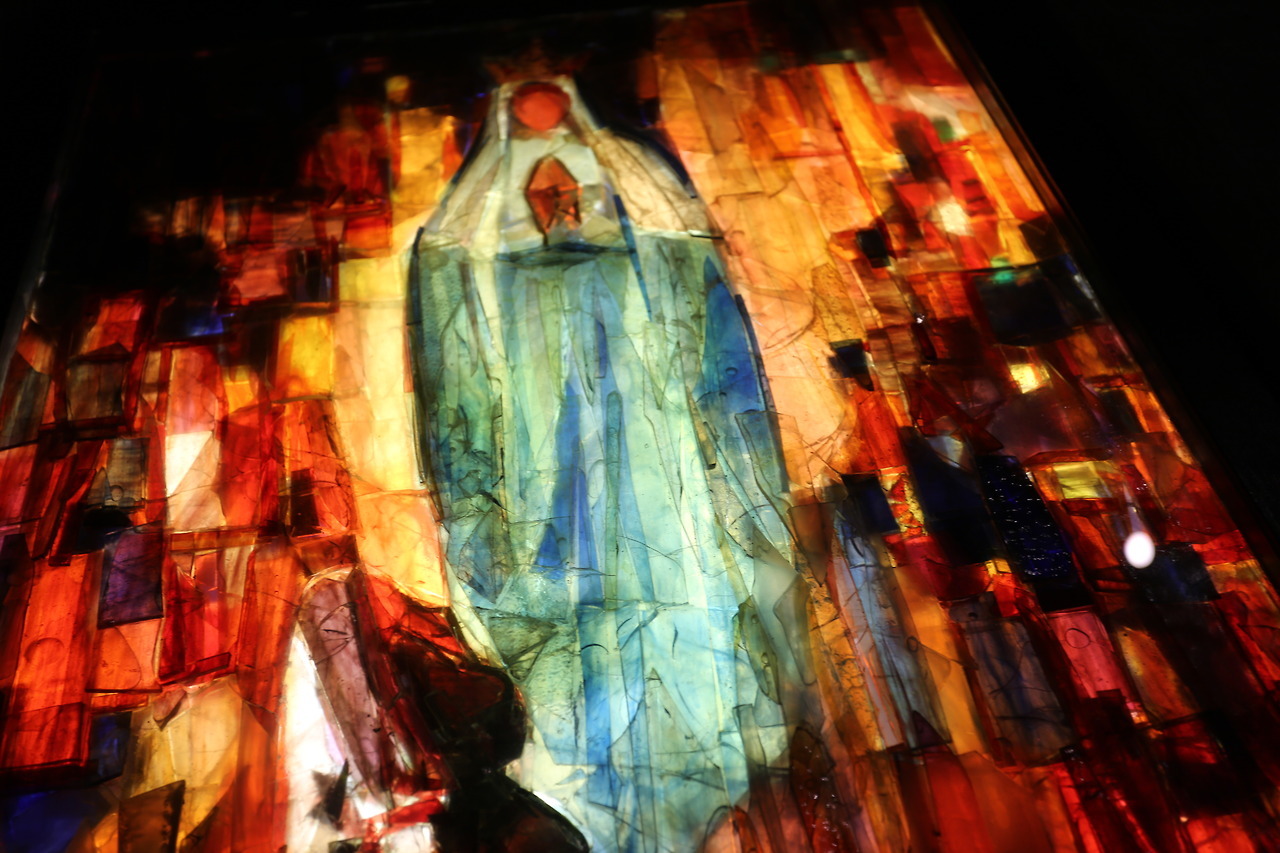


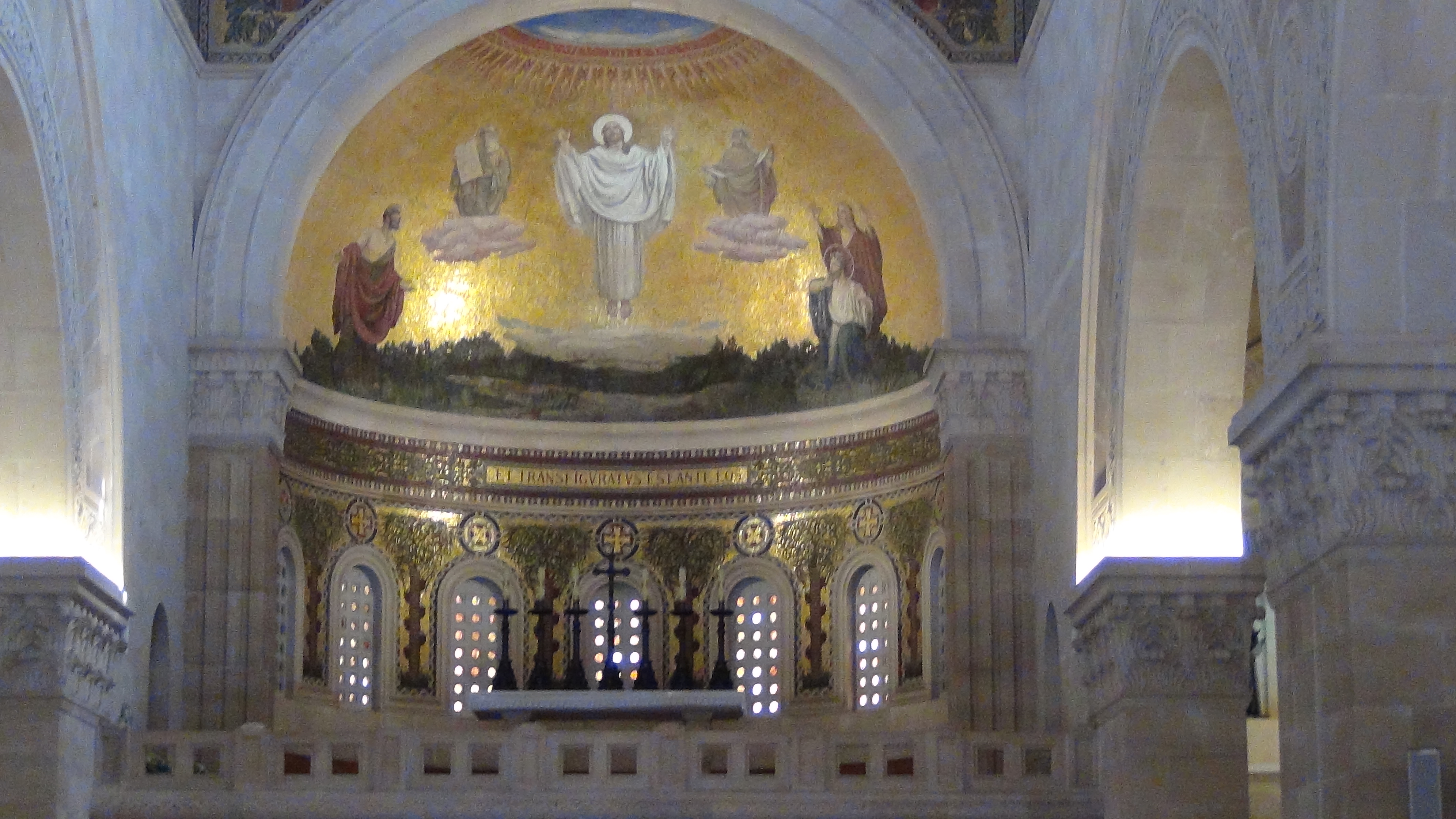

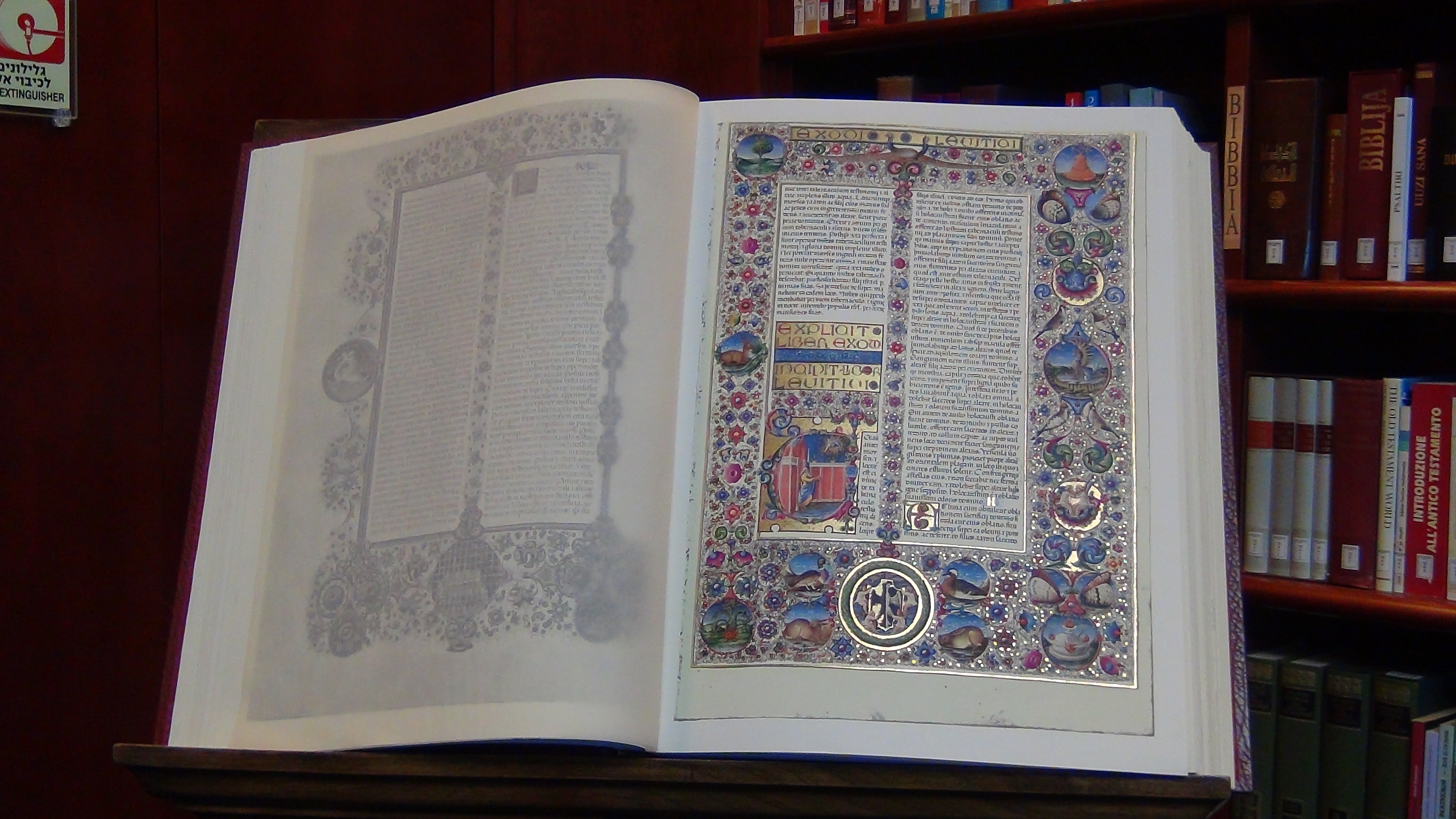

Recent Comments